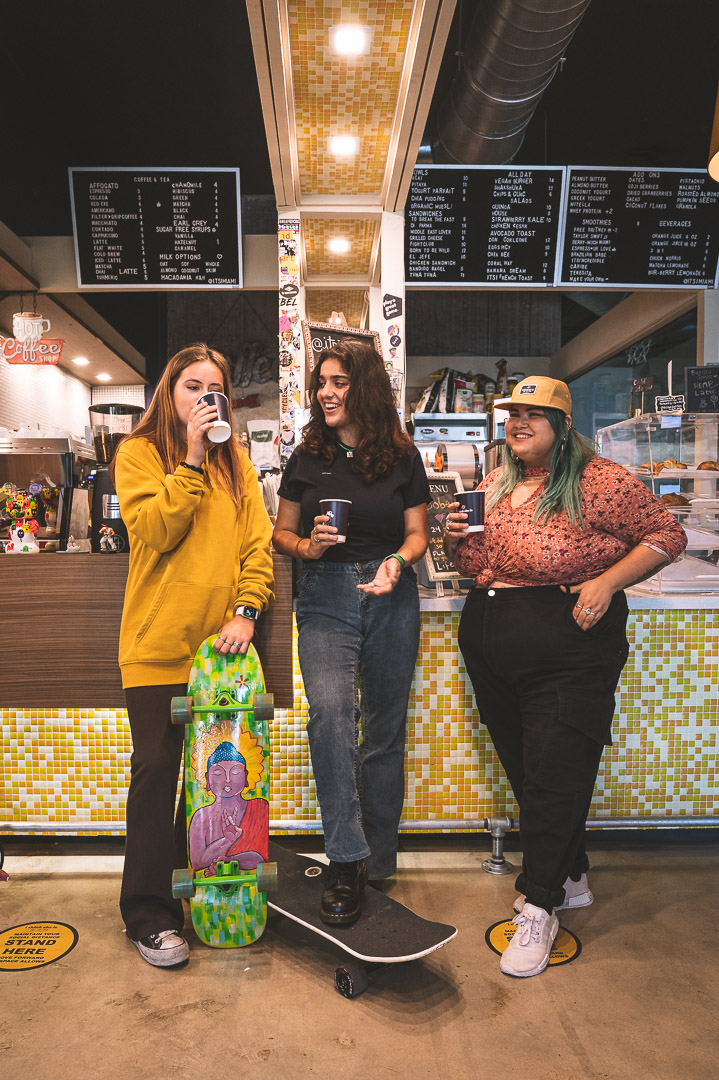Facts you need to know about coffee if you want to brew your own at home
|
Published:
|Updated By:
The roasting date Does fresher mean better Temperature The water Freestyle it

The roasting date
Does fresher mean better
Temperature
The water
Freestyle it
